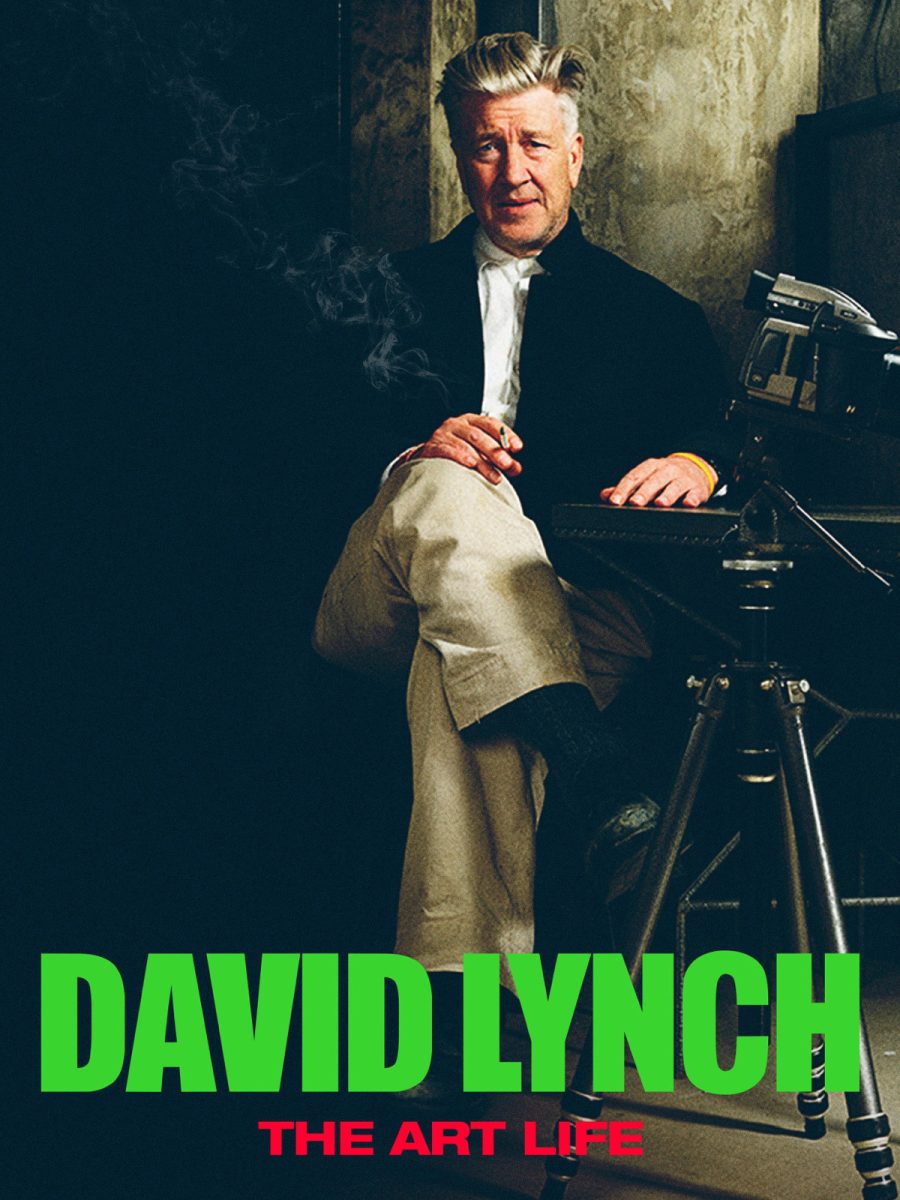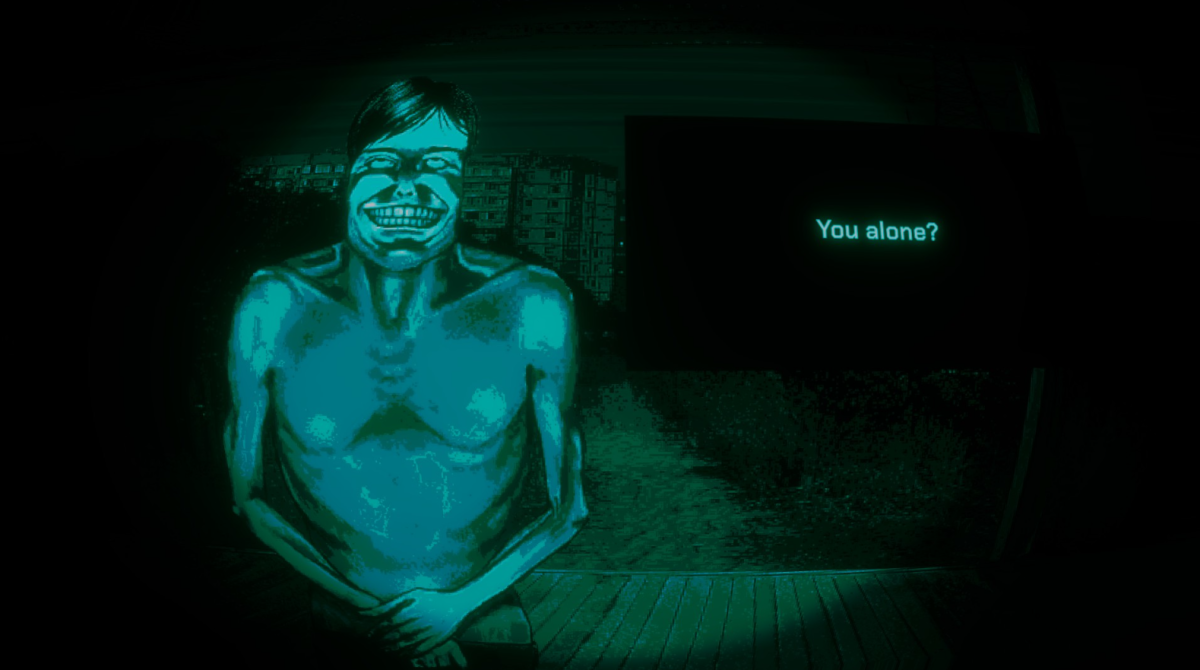A little over a month ago, director David Lynch passed away from complications related to Chronic Obstructive Pulmonary Disease. For any film enthusiast, his works and their rich symbolism are wildly studied and admired. I can’t name a more innovative American filmmaker than Lynch. In a country where Hollywood and profit dominate so much of our media, Lynch brought eccentric arthouse cinema into the mainstream.
In his 1986 neo-noir movie, “Blue Velvet,” the film opens with a beautiful shot of a clear blue sky intercepted by a fence and bright red flowers, a not-so-subtle nod to the colors of the American flag. We see a picturesque view of suburbia (a very American concept) before suddenly the clean picture is shattered by a man collapsing in convulsions on his front lawn. As he falls to the ground, the camera zooms in on the grass, where shots of bugs and beetles drawl over each other in the dirt.
Lynch’s career is dedicated to unveiling the hidden monstrosities amongst seemingly normal and picturesque American life. He is known for his distinct surrealism, blending oddities into otherwise normal contexts in an almost humorous fashion. As much as we try to avoid the grotesque and uncomfortable, we are obsessed with uncovering it. As Jeffery Beaumont, the main character of “Blue Velvet,” experiences this fascination, he declares that he can’t stop himself from uncovering a dangerous crime, entranced by “seeing something that was always hidden… [he’s] in the middle of a mystery.”
Lynch films read like dreams. His characters embody this motif, displaying an inconsistent personality that can change on a dime. His films were about the subconscious mind, forced to assimilate into a picturesque, no-questions-asked society. Lynch himself was incredibly invested in Transcendental Meditation, wanting every child in America to have access to it (per his own foundation).
As Lynch stated in a 2014 interview with AnOther Magazine, “Memory is really a magical thing. They say that memory in Vedic language is smriti. And in the transcendent, in the unified field, there is the memory of everything that has ever been, the memory of everything that is now, and the memory of everything that will ever be. That’s memory.”
Anticipation and remembrance are interwoven into every frame of his films. Characters are caught between the past and the future, creating a distinct anxiety that is reflected in foreshadowing on TV screens. This background anxiety is also established through surreal motifs he scatters throughout his films. Lynch collaborated with artists to create distinctive soundtracks to amplify these subconscious feelings. The band “Toto” compiled the music for the original “Dune” movie.
So, if you haven’t already, watch a David Lynch film and prepare to enter a world of sensory overload. Maybe you will find he has been the inspiration for some of your favorite films and directors (Stanley Kubrick fans, I’m talking to you.)









